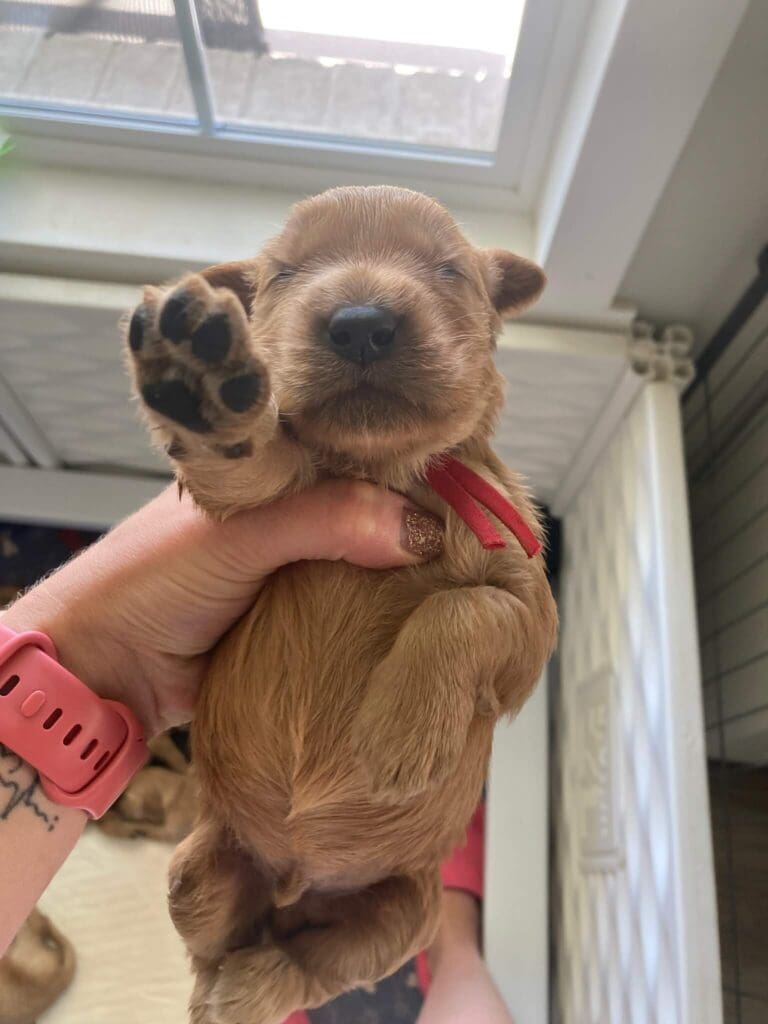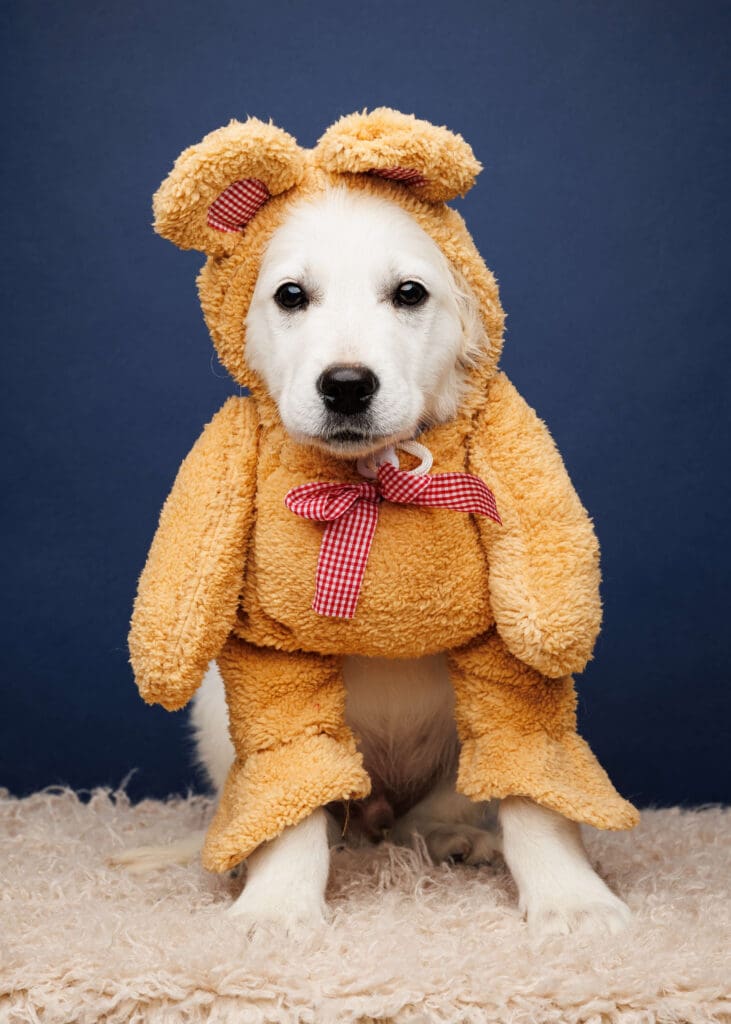Finding a Reputable Mini Golden Breeder
Choosing the right person or organization when looking for a Mini Golden Retriever is crucial—not just for your own peace of mind, but also for the health and happiness of your future dog. With Mini Golden Retrievers growing in popularity, finding a trustworthy source is more important than ever. So, how do you go about finding the right one? Let’s explore the key steps, the questions you should ask, and the red flags to avoid.
Why Finding a Reputable Breeder is Essential
A responsible breeder is dedicated to the health, temperament, and long-term well-being of their dogs. Mini Golden Retrievers, like any breed, can be prone to certain genetic conditions, so it’s important to find a breeding program prioritizes good health practices. This includes genetic testing, socialization, and adherence to ethical breeding standards.


A responsible breeder is dedicated to the health, temperament, and long-term well-being of their dogs. Mini Golden Retrievers, like any breed, can be prone to certain genetic conditions, so it’s important to find a breeding program prioritizes good health practices. This includes genetic testing, socialization, and adherence to ethical breeding standards.
What to Look for in a Trustworthy Mini Golden Retriever Provider
A responsible breeder is dedicated to the health, temperament, and long-term well-being of their dogs. Mini Golden Retrievers, like any breed, can be prone to certain genetic conditions, so it’s important to find a breeding program prioritizes good health practices. This includes genetic testing, socialization, and adherence to ethical breeding standards.



Questions to Ask When Searching for Your Mini Golden Retriever

Red Flags to Avoid

Take Your Time






